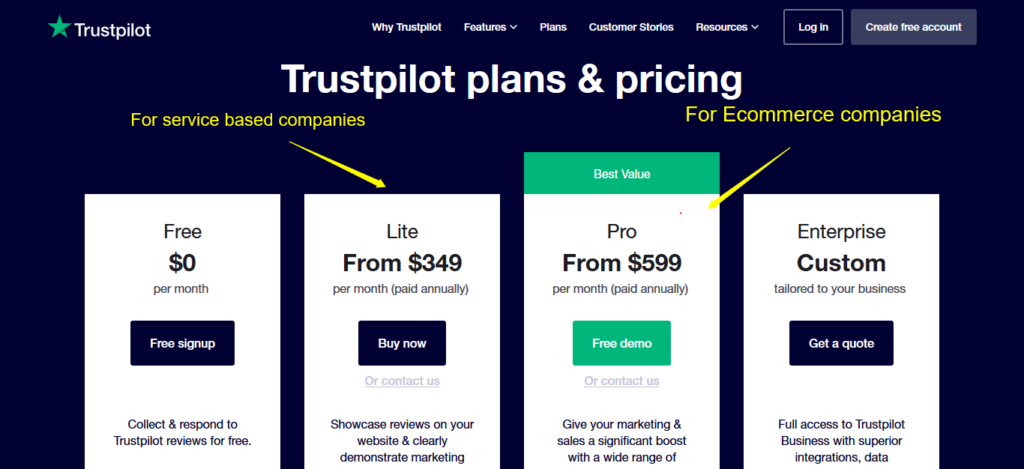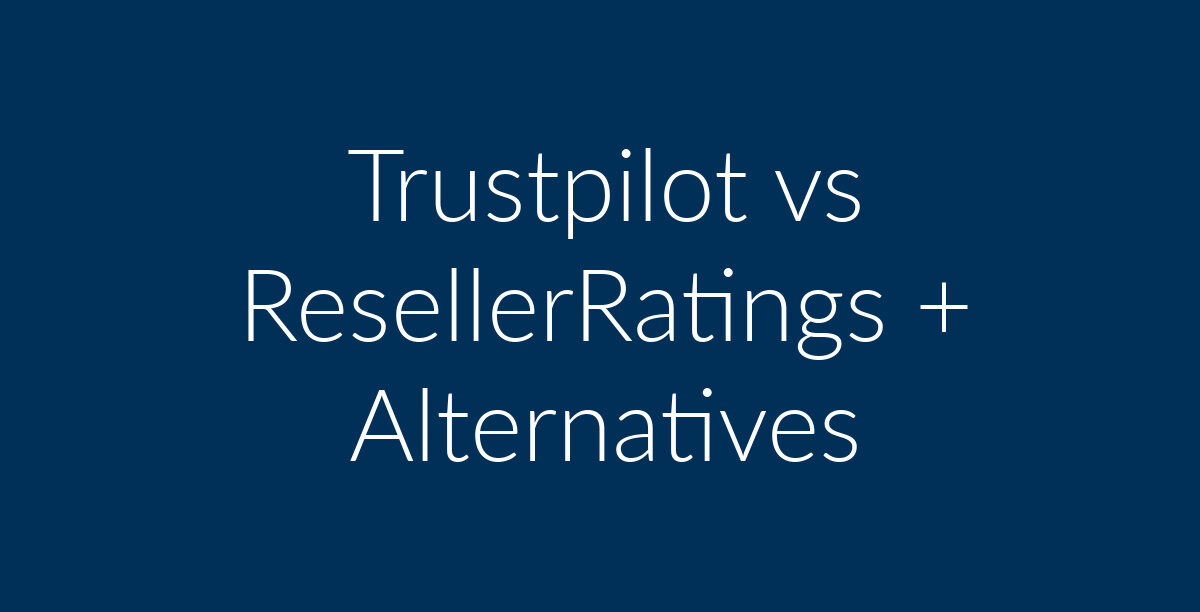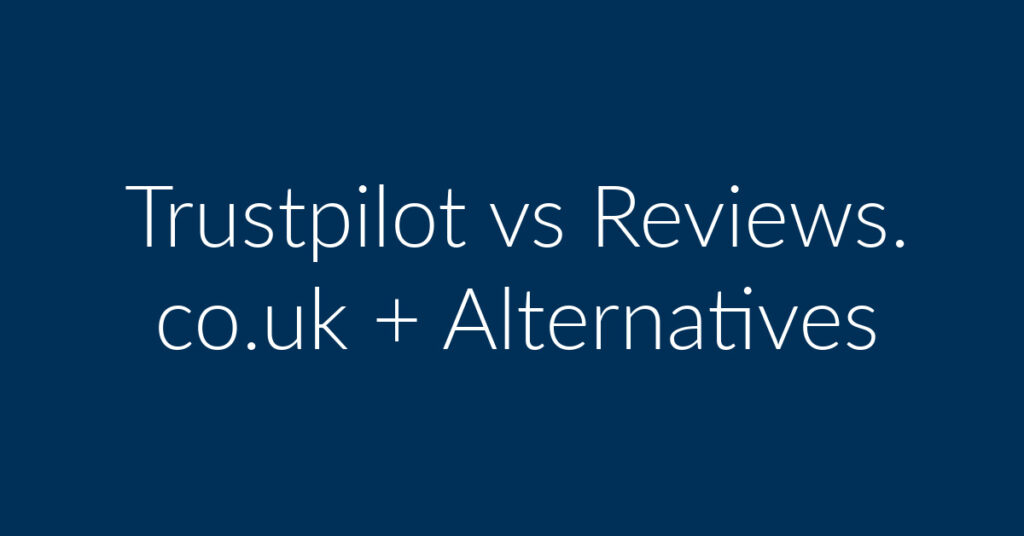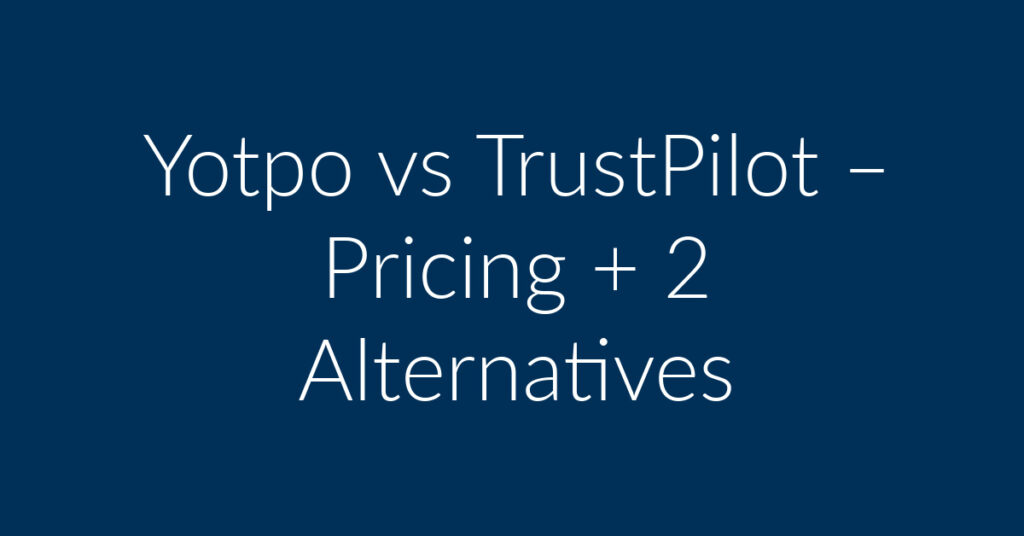Before we delve into the detailed comparison of Trustpilot and ResellerRatings, it’s essential to cover some foundational aspects. Understanding the importance of Star Rating extensions will help clarify why securing them is so critical for your business.
This discussion will set the stage for why these ratings are not just a superficial add-on but a significant factor in enhancing your online presence and credibility. By the end, you’ll see why having robust Star Ratings can play a pivotal role in attracting customers and driving growth for your business.
All About Star Ratings
We won’t spend time defining Star Ratings here, as you’re likely familiar with them and are more interested in finding the best company to help you collect them. Star Ratings are crucial for enhancing your online reputation and attracting customers, and we’ve covered their importance in detail in previous articles. For more insights, you can explore our earlier discussions on this topic by following this link.
Google Approved Companies for Store and Product Ratings
Not all online review companies are equipped to help you secure Star Ratings in Google Product Listing Ads (Google Shopping) and AdWords. Google has specifically licensed about 29 companies to aggregate and push Store Ratings, and around 26 companies for Product Ratings. Understanding the distinction between Store Ratings and Product Ratings is crucial for making an informed choice. For more details on these differences, refer to the article linked above.
Trustpilot vs. ResellerRatings
In this comparison of ResellerRatings and Trustpilot, we’ll delve into how these two companies stack up against each other in terms of their ability to manage Product and Store Ratings, as well as their pricing structures.
1. Both Companies Can Push Product and Store Ratings
One significant advantage of both ResellerRatings and Trustpilot is their capability to push both Product and Store Ratings to Google Shopping and Google AdWords. This feature is particularly beneficial if you’re seeking a comprehensive solution for managing and displaying ratings. Having both services under one roof simplifies logistics, reduces administrative overhead, and can potentially lower overall costs. This integration allows for a more streamlined approach to boosting your business’s online reputation.
2. Pricing: ResellerRatings Lacks Transparency
A notable aspect of ResellerRatings is its lack of transparency when it comes to pricing. Unlike some other review companies, ResellerRatings does not publicly display its pricing information on its website. This means that potential customers are required to contact the company directly to obtain a quote. This practice can be frustrating for consumers who prefer to have a clear understanding of costs upfront before entering into negotiations. The final price you pay for ResellerRatings’ services will likely depend on various factors, including your specific needs and your ability to negotiate.
3. Trustpilot: Defined Pricing but Not the Cheapest Option
In contrast, Trustpilot offers a more defined pricing structure for its services. While basic plans are clearly listed, the Enterprise plan requires potential customers to contact the company directly for pricing information. This transparency in pricing can help businesses better plan their budgets and avoid unexpected costs. However, it’s worth noting that Trustpilot is not necessarily the most budget-friendly option available. The cost of using Trustpilot’s services to push reviews into Google Product Listing Ads (PLAs) and Google AdWords may be higher compared to some alternatives.
The Lite Plan

The Lite Plan is the entry level offering from Trust Pilot. Should you decide to sign up, you will discover that this offering will set you back $299 per month, which you should pay in one tranche for the whole year.
This is another common annoyance among review syndication sites; they almost always demand that you tie yourself to a yearlong contract, which is rather unfair, in our view.
Trustpilot vs ResellerRatings: The Alternatives
When exploring alternatives to Trustpilot and ResellerRatings for managing online reviews and integrating them into Google PLAs and AdWords, there are notable options to consider. These alternatives offer distinct advantages in terms of features and pricing. Here are two strong contenders that we recommend:
Shopper Approved
Overview
Shopper Approved is a prominent choice for businesses seeking to enhance their online presence with Star Ratings visible in Google Shopping and AdWords. With extensive experience working with Shopper Approved, we confidently vouch for its effectiveness and reliability. Many businesses we’ve recommended it to have been impressed with the exceptional service and results.
Pricing
One of Shopper Approved’s key strengths is its transparent pricing model. Unlike some competitors, Shopper Approved provides clear pricing information directly on its website. Their entry-level plan starts at $199 per month, which is competitive and more affordable compared to some other providers. This transparency makes it easier for businesses to plan their budgets without unexpected costs.
Exclusive Discount
As an affiliate of Shopper Approved, we offer a special discount through our link. While we do benefit from this referral, you gain access to significant savings and a 30-day free trial. This trial period allows you to test the service thoroughly without initial commitment, ensuring it meets your needs before you commit.
Yotpo
Overview
Yotpo is another major player in the review aggregation space and serves as a viable alternative to Trustpilot and ResellerRatings. Known for its robust capabilities in managing Store and Product Ratings, Yotpo is widely recognized for its extensive features. However, like many large review platforms, Yotpo does not publicly disclose its pricing on its website.
Pricing
Yotpo’s pricing is based on several factors, including the size of your business, the number of domains, and traffic volume. This variable pricing model means that costs can vary significantly, making it essential to contact Yotpo directly to obtain a quote tailored to your specific needs. This approach can be less transparent compared to alternatives like Shopper Approved but offers a customized solution based on your business requirements.
Conclusion
In summary, while Trustpilot and ResellerRatings are established names in the review industry, Shopper Approved and Yotpo provide compelling alternatives with unique advantages. Shopper Approved stands out for its transparent pricing and excellent service, while Yotpo offers a robust platform with a more variable pricing structure. Depending on your business needs and budget, either option could be a strong fit for enhancing your online review strategy.



